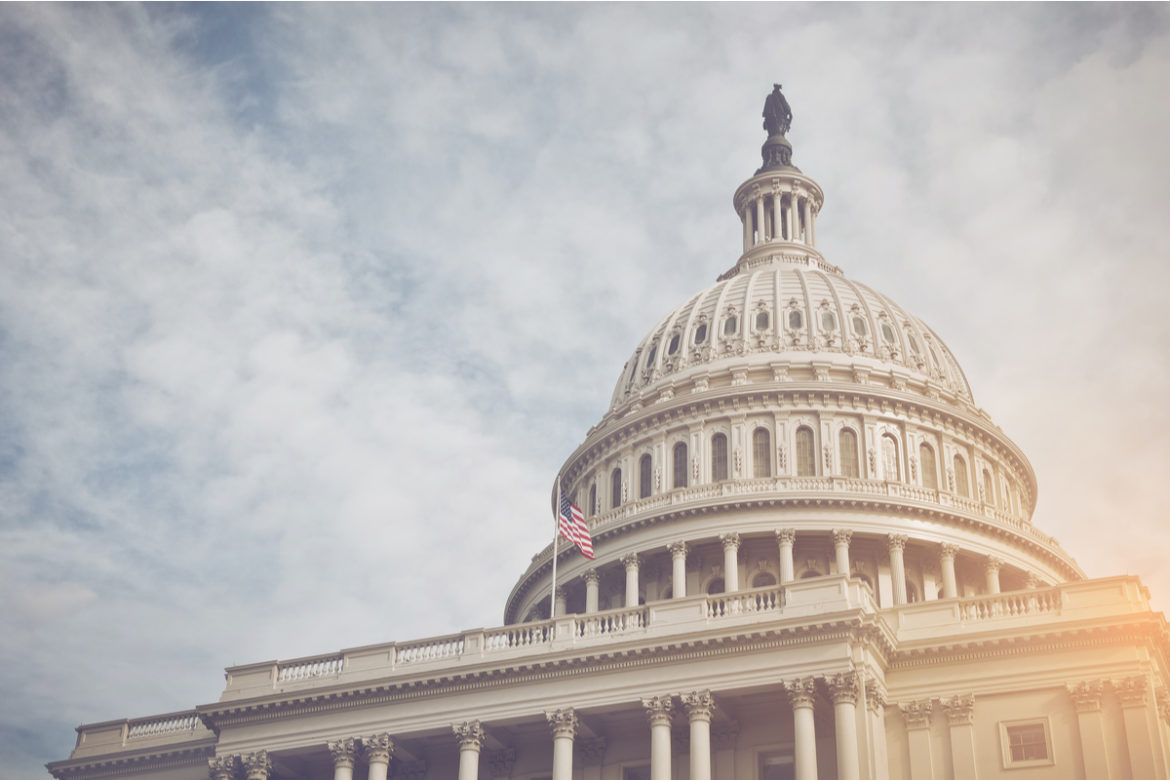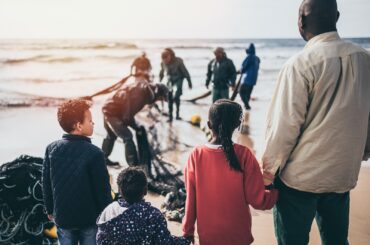In 2018, there were notices that warned many Facebook users of forthcoming deportations in California. The notices warned that US Immigration and Customs Enforcement was planning the imminent arrests of those who belonged to the whole Cambodian community here. The SEARAC added contact numbers to the notices so that those affected could get legal representation soon. By the time the notices were circulated on Facebook, thirty Cambodians were deported. Phnom Penh Post and other Cambodian publications were interviewing the deported people in documenting another overlooked population, even within local media platforms. Many people started speculating in those chaotic times.
Back in 2002, the Government of Cambodia chose to suspend an earlier repatriation-related deal with the Bush administration. In 2018, Asian Americans Advancing Justice suspected that ICE’s detentions were in response to the decision of Cambodia’s government. There were 1,900 Cambodians subject to an order of deportation, but all were named in a lawsuit from Sidley Austin LLP and Asian Americans Advancing Justice – Asian Law Caucus. In August 2018, Nak Kim Chhouen and his family stood before the Santa Ana Federal Building, where Charles Song from Khmer News interviewed the Cambodian. The case of Chhouen resonated with those of other Cambodian nationals, as around 1,400 of them had criminal convictions back then.
ICE weaponized the history of the Cambodians to deem them deportable. The past lawsuit looked to redeem the Cambodians and address the deportation proceedings against them. For the above goal, the lawsuit claimed that the government action was contrary to statutory, regulatory and constitutional legislation. The case stated that before making one suffer detention, the US Government did not analyze whether they have done anything necessitating detention, or were a flight risk or dangerous.
SEARAC’s Katrina Dizon Mariategue told OCIYU that her nonprofit organization was expecting around 50 more deportations before the year 2018 ended. As for Mariategue, that was the biggest cycle of deportation, and deportations were happening locally and in places such as California’s Central Valley. As for Sayon Syprasoueth of the United Cambodian Community of Long Beach (UCCLB), deportations were happening in Washington and Atlanta.
Syprasoueth’s sibling was also detained some years before. Syprasoueth said that an attorney considered his brother’s case back then. That man was not found to be a criminal, under the US justice system, as his community joined together to support him in getting that pardon. Syprasoueth stated that while it took much work, it was also possible.
Have you read an increasing amount of information about what contributed to a victory in past deportation cases? If so, it would make you feel that a defendant was more likely to taste success in their case if they get an attorney.
ICE coerced individuals to sign documents, as it would entitle the organization to deport them before they enter the phase of receiving legal assistance. If due process was not given to individuals in these cases, then these might have been made for them. Further, the lawsuit that pertained to Mony Neth and Chhouen, made against Neth, was taking the right steps with regards to delegitimizing the so-called deportation machinery.

